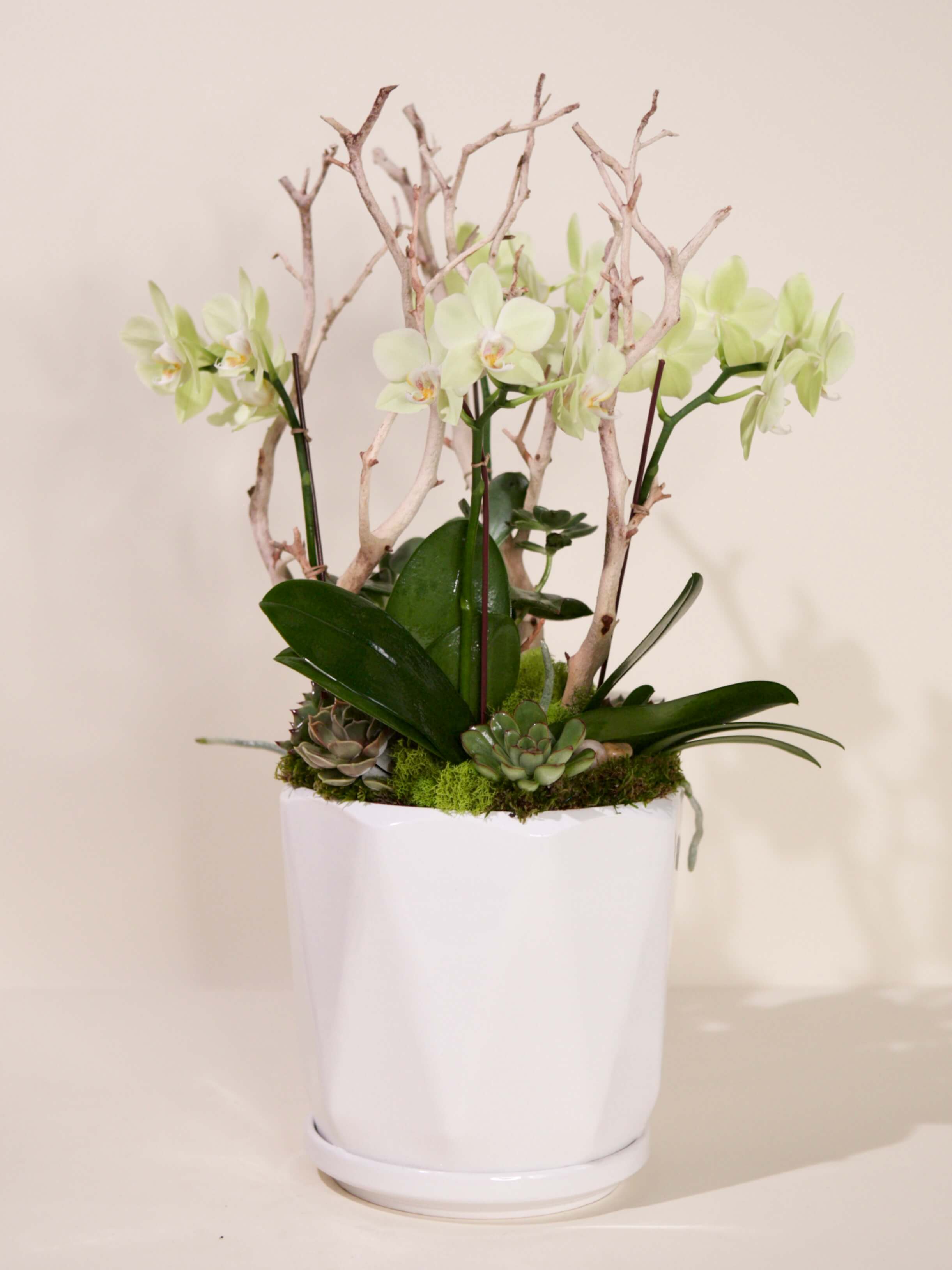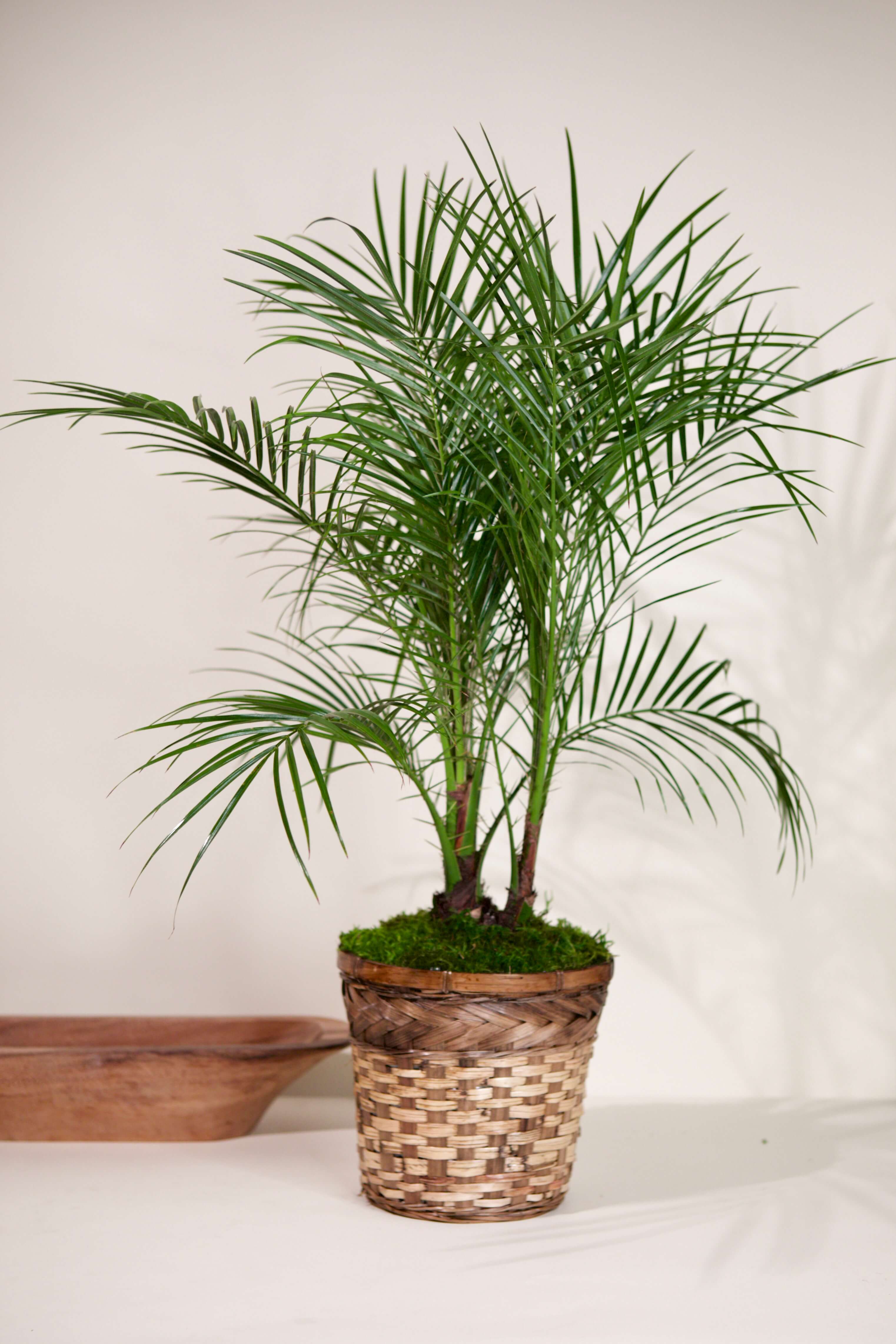Tips & Tricks
The Green Haven: A Beginner's Guide to Potted Plants
 8 MIN Read
8 MIN Read18 Dec 2024
By Michael Jacobson

Before we dive into the specifics, let's appreciate the beauty and benefits of potted plants in our living spaces. These green companions not only enhance the aesthetics of your home but also contribute to better air quality and a sense of tranquility.
Low-Maintenance Indoor Plants for Beginners
For those new to indoor gardening, starting with low-maintenance plants is a smart choice. Here are some beginner-friendly options:
Snake Plant (Sansevieria)
The snake plant is practically indestructible. It thrives on neglect and can endure low light conditions, making it an excellent choice for beginners.
Peace Lily (Spathiphyllum)
Peace lilies are elegant and forgiving. They prefer moderate to low light and produce beautiful white blooms.
ZZ Plant (Zamioculcas Zamiifolia)
The ZZ plant is a resilient choice, thriving in low-light environments. Its glossy, dark green leaves add a touch of sophistication.
Low-Light Indoor Plants for Beginners
Not all homes receive ample natural light. If you're dealing with low-light conditions, consider these indoor plants:
Pothos (Epipremnum Aureum)
Pothos is adaptable and suitable for low to moderate light levels. Its cascading vines add a touch of elegance to any room.
Cast Iron Plant (Aspidistra Elatior)
As the name suggests, the cast iron plant is tough and can thrive in low light. Its sturdy, dark green leaves make it a robust choice.
How to Determine Lighting Conditions for Indoor Plants
Understanding your room's lighting conditions is essential for the well-being of your indoor plants. Here's how to assess the lighting:
Observe Natural Light
Pay attention to the direction and intensity of natural light in the room. North-facing windows provide low to moderate light, while south-facing windows offer bright, direct sunlight.
Use a Light Meter
Consider using a light meter (lux meter) to measure the intensity of light in different areas of the room. This will help you identify variations in light levels.
Signs That Your Indoor Plant Needs More Light
To ensure your plants thrive, it's crucial to recognize when they're not receiving enough light. Look out for these common signs:
Leggy Growth
If your plant's stems are elongated and the leaves are spaced far apart, it's likely reaching for more light.
Leaf Discoloration
Yellowing or browning leaves can be a sign of inadequate light. Plants may also lose their vibrant color.
Slow Growth
If your plant's growth has significantly slowed down or it's not producing new leaves, it may need more light to photosynthesize effectively.
Leaning Toward Light Sources
Plants that bend or lean toward windows or light fixtures are attempting to get closer to the light source.
Conclusion
Potted plants offer a delightful way to infuse your home with natural beauty. For more invaluable care tips and an exquisite selection of flowers, your destination is always FrenchFlorist.com. Want more help? Visit our “Contact Us” page to submit a question or inquiry! If you’d like a subscription too, click floral subscription offerings to be directed there! All orders placed online are eligible for our rewards program, too
#FFinstagram
FRENCHFLORIST